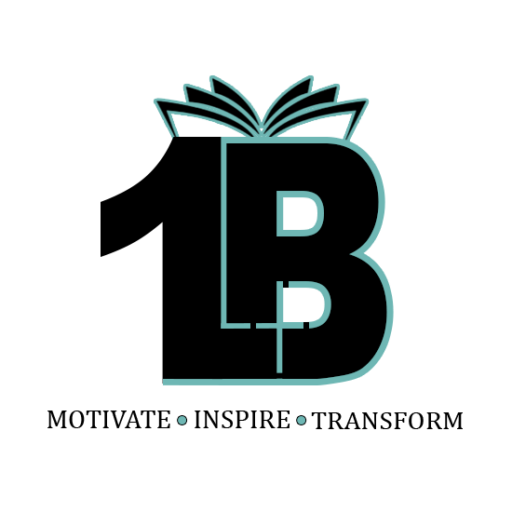
Understanding Addiction: The Struggle, the Journey, and the Hope
Addiction is one of the most misunderstood and stigmatized conditions in our society today. Whether it manifests in the form of substance abuse, behavioral addiction, or compulsive behaviors, it often leads to an overwhelming cycle of despair, shame, and isolation. Yet, addiction is not a character flaw or a moral failing; it’s a complex, multifaceted condition that can affect anyone, regardless of age, background, or social standing.
What Is Addiction?
Addiction is a chronic disease characterized by compulsive, often harmful behaviors. It affects the brain’s reward system, creating a cycle of craving, use, and withdrawal that is difficult to break. Initially, the behavior may seem to offer a temporary escape or sense of pleasure, but over time, it leads to negative consequences in physical health, mental well-being, relationships, and daily functioning.
At its core, addiction changes the brain’s wiring, altering how we perceive pleasure and how we respond to stress, emotions, and triggers. This makes it hard for those struggling with addiction to simply “stop” or “choose better.” It’s not just about willpower—it’s about a deeply rooted biological, psychological, and environmental struggle.
The Different Faces of Addiction
Addiction doesn’t always look the same for everyone. There are various forms, including:
- Substance Addiction: This is perhaps the most well-known form of addiction, including dependence on drugs (such as alcohol, nicotine, prescription medications, or illegal substances) or alcohol. These substances hijack the brain’s reward pathways, reinforcing the need for continued use.
- Behavioral Addiction: People can also become addicted to behaviors or activities. This includes gambling, video games, shopping, or even work. While these behaviors may seem harmless at first, they can become obsessive and destructive.
- Food Addiction: Many individuals develop unhealthy relationships with food. For some, overeating or binge eating becomes a coping mechanism for emotional distress, leading to a cycle of guilt, shame, and physical harm.
- Technology and Social Media Addiction: In our digital age, it’s easy to lose track of time online. The constant need for validation through social media, as well as the addictive nature of smartphone apps, can create a dependency on constant engagement, sometimes to the detriment of real-life relationships.
The Struggle and the Impact
Living with addiction is a constant battle. On one hand, there is the physical pull of the substance or behavior, and on the other, the mental and emotional toll it takes. The impact of addiction extends beyond the individual, affecting families, friends, and communities. The stigma associated with addiction often leads to feelings of shame, further isolating those affected and making it harder to seek help.
The consequences can be devastating. Relationships can crumble, careers can be lost, and personal health can deteriorate. And yet, despite these destructive effects, the addict may continue in the cycle, unable to break free.
The Path to Recovery: Hope and Healing
While the journey through addiction is challenging, recovery is always possible. Understanding addiction as a disease is the first step in healing—not just for the individual but for their loved ones too. Overcoming addiction often requires a combination of treatments, including therapy, support groups, medication, and lifestyle changes.
- Therapy: Cognitive-behavioral therapy (CBT) and other therapeutic approaches help individuals identify the triggers of their addiction and develop healthier coping mechanisms. Therapy also addresses any underlying mental health issues, such as anxiety or depression, which often coexist with addiction.
- Support Groups: Peer support can be life-changing. Organizations like Alcoholics Anonymous (AA) and Narcotics Anonymous (NA) provide a sense of community, understanding, and accountability. Being surrounded by people who have walked the same path can offer invaluable encouragement.
- Medication: For some, medication-assisted treatment (MAT) is necessary, especially for opioid or alcohol addiction. MAT can help reduce cravings and withdrawal symptoms, making recovery more manageable.
- Lifestyle Changes: Recovery often involves rebuilding a life from the ground up. Exercise, healthy eating, mindfulness, and creating a routine can help restore balance to the body and mind.
The Importance of Compassion
Addiction is not a moral failing, and those who suffer from it should not be blamed or judged. Society’s growing awareness of addiction as a disease rather than a weakness is crucial in reducing stigma and encouraging more individuals to seek help.
For those in recovery, the road may be long and full of setbacks, but every step forward is a victory. It’s important to remember that recovery is not about perfection—it’s about progress. With the right support and resources, healing is always within reach.
Conclusion: The Power of Hope
Addiction may seem like an overwhelming force, but it is important to remember that no one is ever truly alone in their journey. There is always hope, and there are always ways to start the healing process. If you or someone you know is struggling with addiction, reaching out for help is the first and most important step.
Addiction may be part of the story, but it doesn’t have to be the end. Recovery is possible, and a brighter future is waiting.
Addiction can feel overwhelming, but you don’t have to face it alone. Reverend Brian Lawrence offers compassionate, understanding, and expert guidance to help you take the first step toward recovery. His experience and dedication to supporting others in their journey to healing can help you find the strength and tools needed to make positive changes.
Book a consultation with Reverend Brian Lawrence today and start building a brighter, healthier future. Your path to freedom and recovery begins here.
You deserve a life of peace and healing—let’s begin the journey together.
